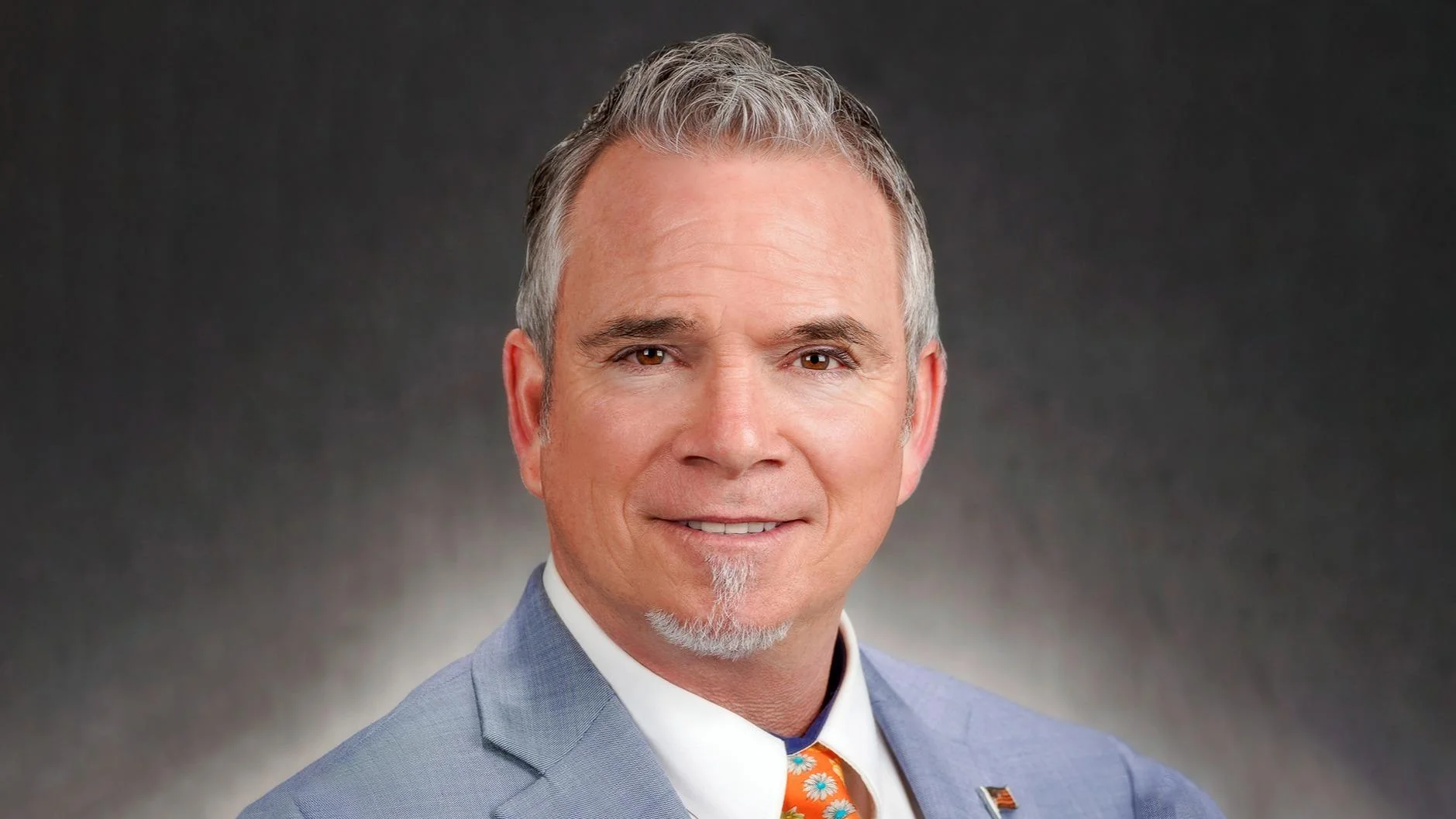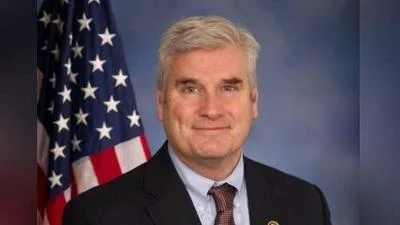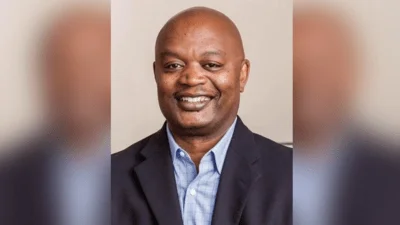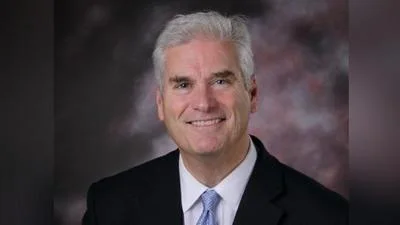Joe McDonald, Minnesota State Representative from 29A District | Official Website
Joe McDonald, Minnesota State Representative from 29A District | Official Website
The Minnesota House has approved the Legacy Finance omnibus bill, advancing it to the Senate for final consideration. Representative Joe McDonald (R-Delano), who chairs the Legacy Finance Committee, highlighted several provisions in the legislation that he says reflect Republican priorities of transparency and accountability.
According to McDonald, the bill allocates funds for clean water initiatives, habitat preservation, local parks, and arts and cultural programming. This year’s measure emphasizes a shift away from direct earmarks toward competitive grant programs. Projects will now be evaluated based on need, impact, and merit rather than political connections.
McDonald stated: “Republicans led the charge to reduce direct earmarks, moving funding toward competitive grant programs where projects are vetted based on need, impact, and merit—not political connections.”
The legislation also introduces new oversight measures for spending from the Arts & Cultural Heritage Fund. Grantees are now required to submit IRS Form 990s as part of efforts to increase financial transparency. In addition, these funds can no longer be used for capital construction but must instead focus on programming and access.
As McDonald explained: “Grantees must now submit IRS Form 990s, adding a critical layer of financial transparency.” He added: “ACH funds can no longer be used for capital construction, keeping the focus on programming, access, and outcomes.”
For Greater Minnesota communities, the bill includes investments in rural drinking water infrastructure and supports local control over water quality efforts. The legislation resists imposing new mandates from St. Paul.
McDonald said: “The bill includes major investments in rural drinking water infrastructure and supports local control of water quality efforts, resisting new top-down mandates from St. Paul.”
The next step is Senate approval before any provisions become law.






 Alerts Sign-up
Alerts Sign-up